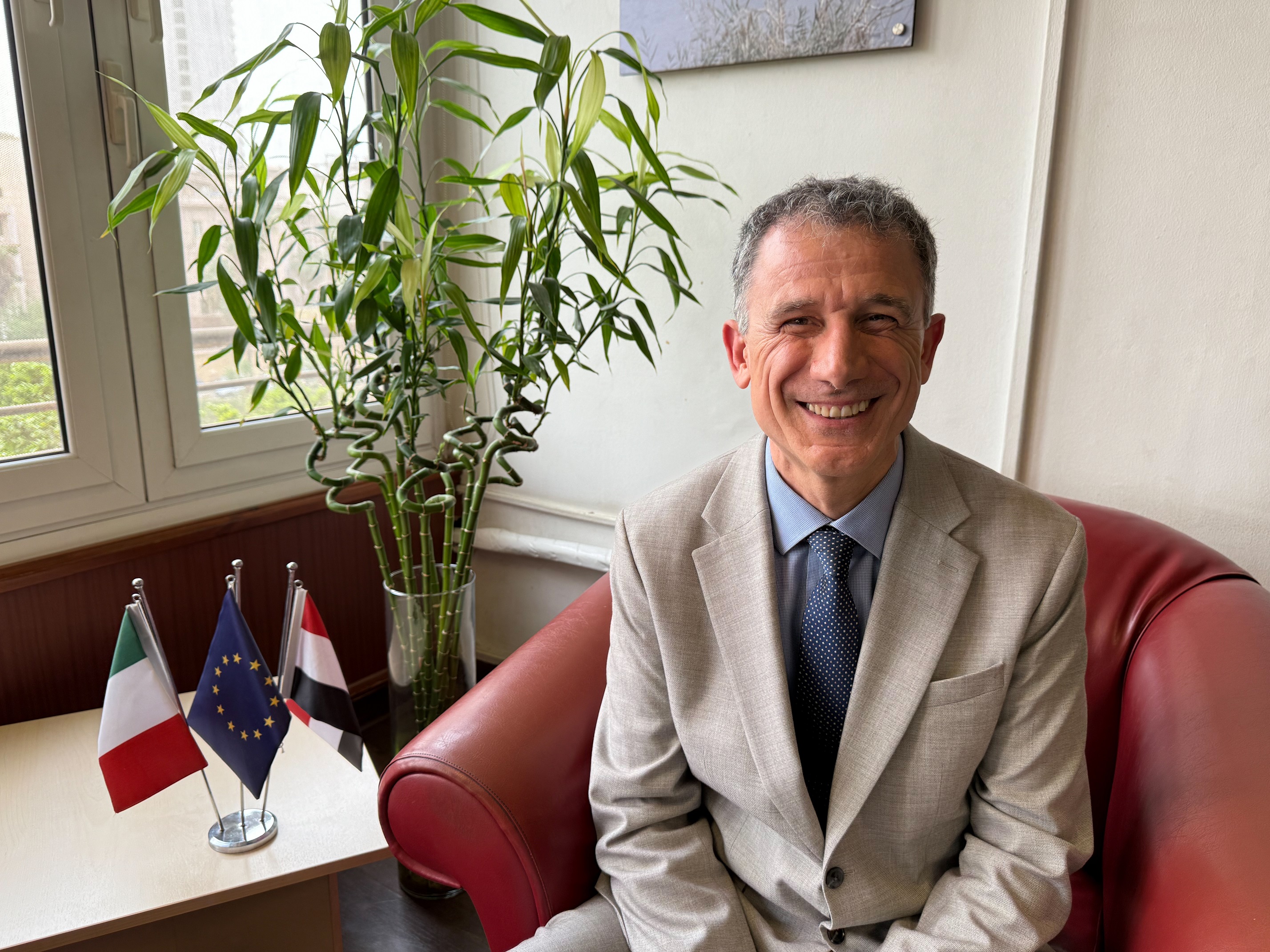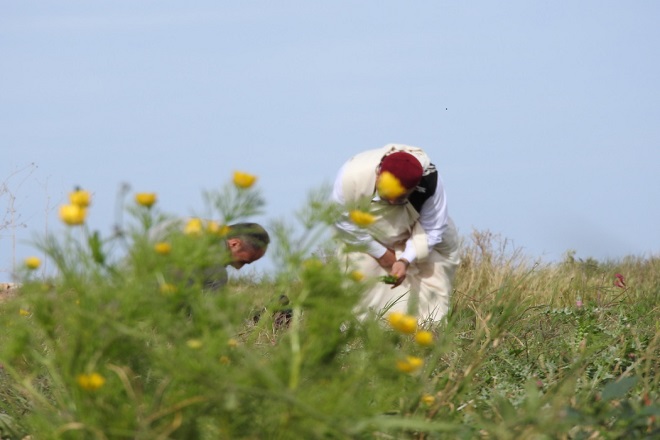Oltre a realizzare delle iniziative in gestione diretta con il supporto di diverse unità di gestione di programmi create ad-hoc, la Sede AICS Il Cairo si avvale anche di una fitta rete di partner locali, internazionali e della società civile per la realizzazione delle iniziative finanziate dalla Cooperazione Italiana.
Tra questi, i ministeri egiziani coinvolti nelle iniziative progettuali rappresentano senz’altro degli interlocutori privilegiati, come il Ministero della Cooperazione Internazionale, il Ministero dell’Agricoltura e della Bonifica, il Ministero dell’Irrigazione, il Ministero della Solidarietà Sociale, il Ministero dell’Industria, e il Ministero della Sanità. Tra le istituzioni locali che realizzano o sono coinvolte in iniziative finanziate dalla Cooperazione Italiana vi sono anche l’Agenzia per lo Sviluppo delle Micro, Piccole e Medie Imprese (MSMEDA), il National Council for Women, e il National Council for Childhood and Motherhood.
Nell’universo della società civile, partner rilevanti sono le ONG italiane, tra cui COSPE, CISS, MAIS, Save The Children, e AISPO. Inoltre, anche la società civile locale è coinvolta nella realizzazione di diverse iniziative multilaterali e finanziate nell’ambito del Programma di Conversione del Debito, quali ad esempio Hope Village Society, Alex Workshop Center, e New Horizon Association for Social Development.
Rilevante è inoltre l’apporto, sulle iniziative afferenti al canale multilaterale, degli organismi internazionali e delle agenzie delle Nazioni Unite. Tra queste meritano menzione il CIHEAM, UNDP, UNIDO, FAO, UNFPA, UNESCO, ILO e IOM. Stanno poi acquisendo sempre più importanza le partnership legate ad istituti di ricerca come l’Università di Sassari e quelle afferenti alla cooperazione delegata, di cui la Delegazione dell’Unione Europea in Egitto rappresenta il punto di riferimento. È inoltre di recente avvio la partnership con enti privati di primo piano quali il gruppo ENI e la Fondazione Sawiris.

